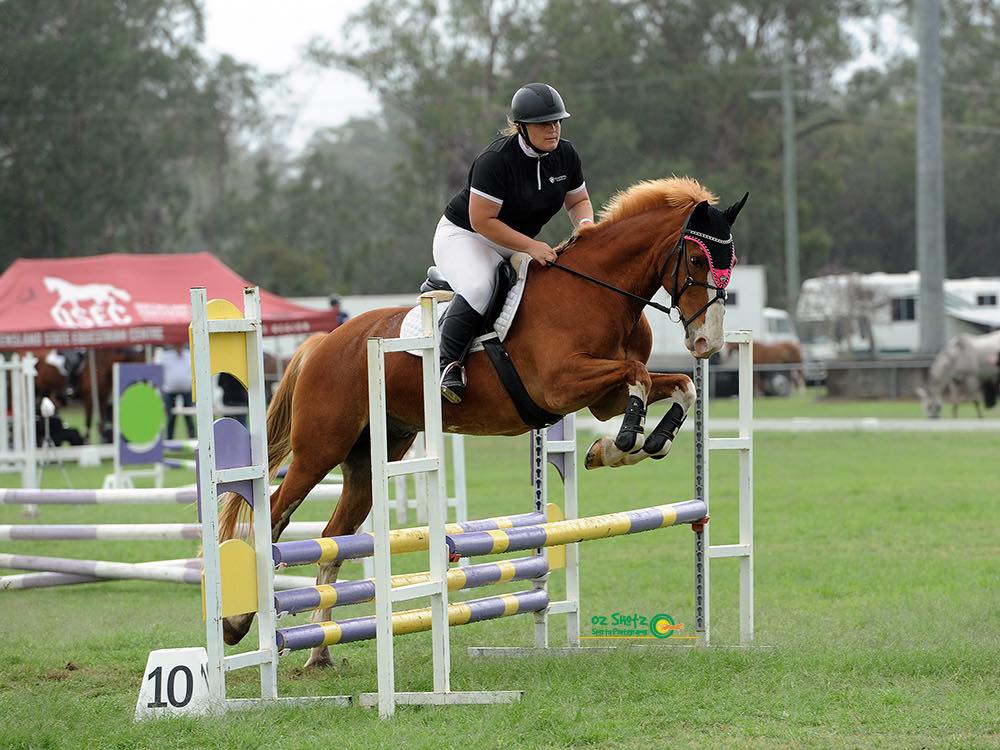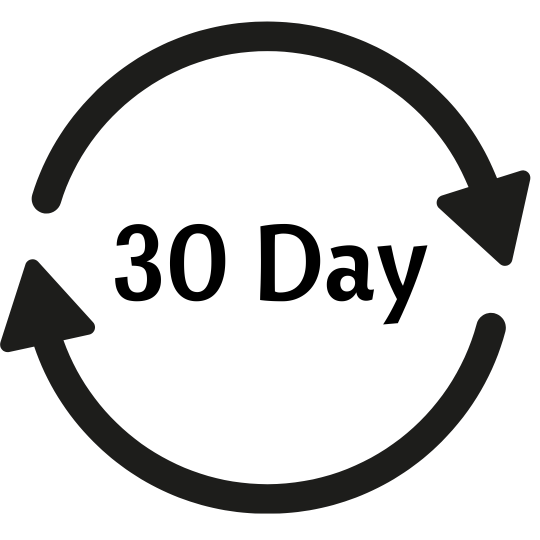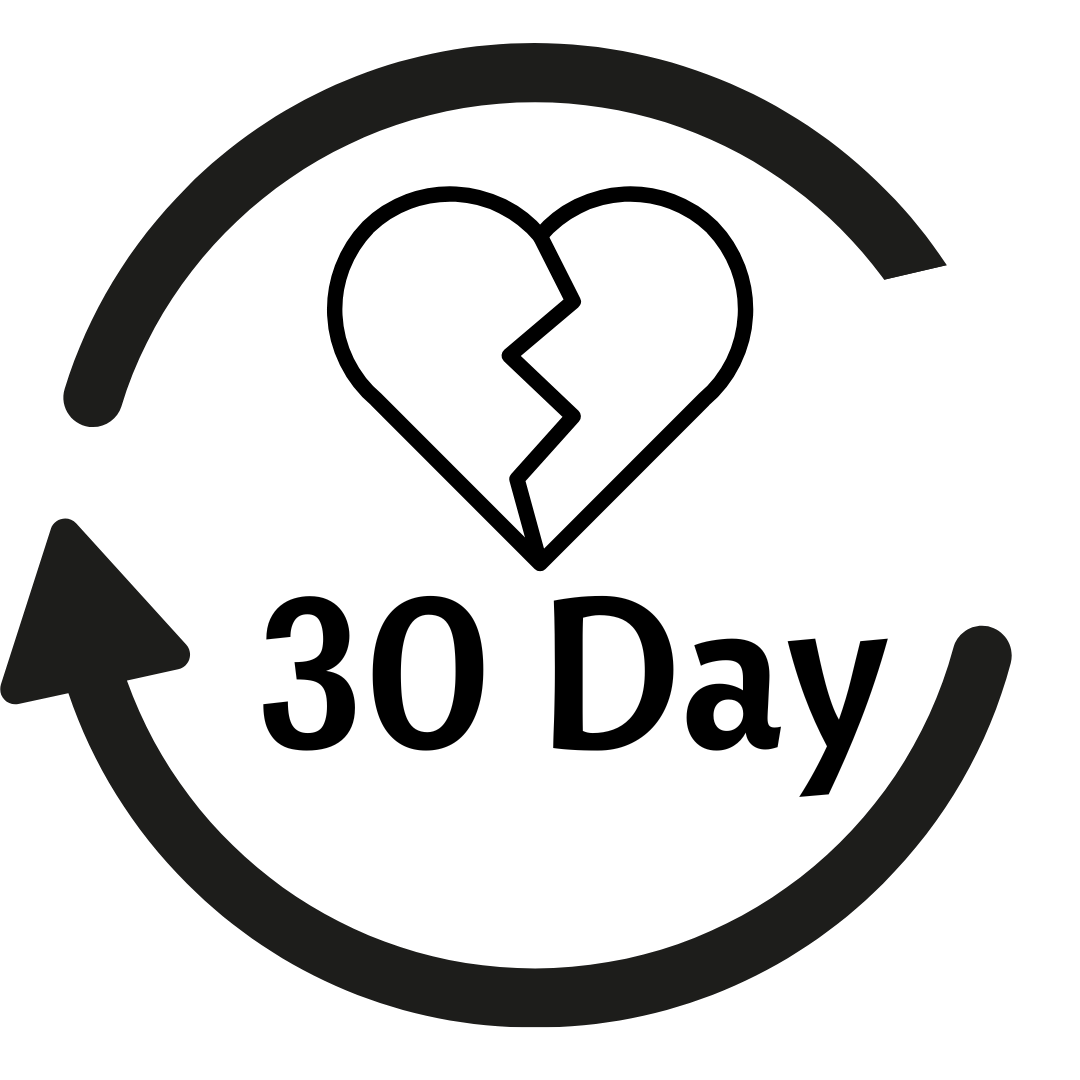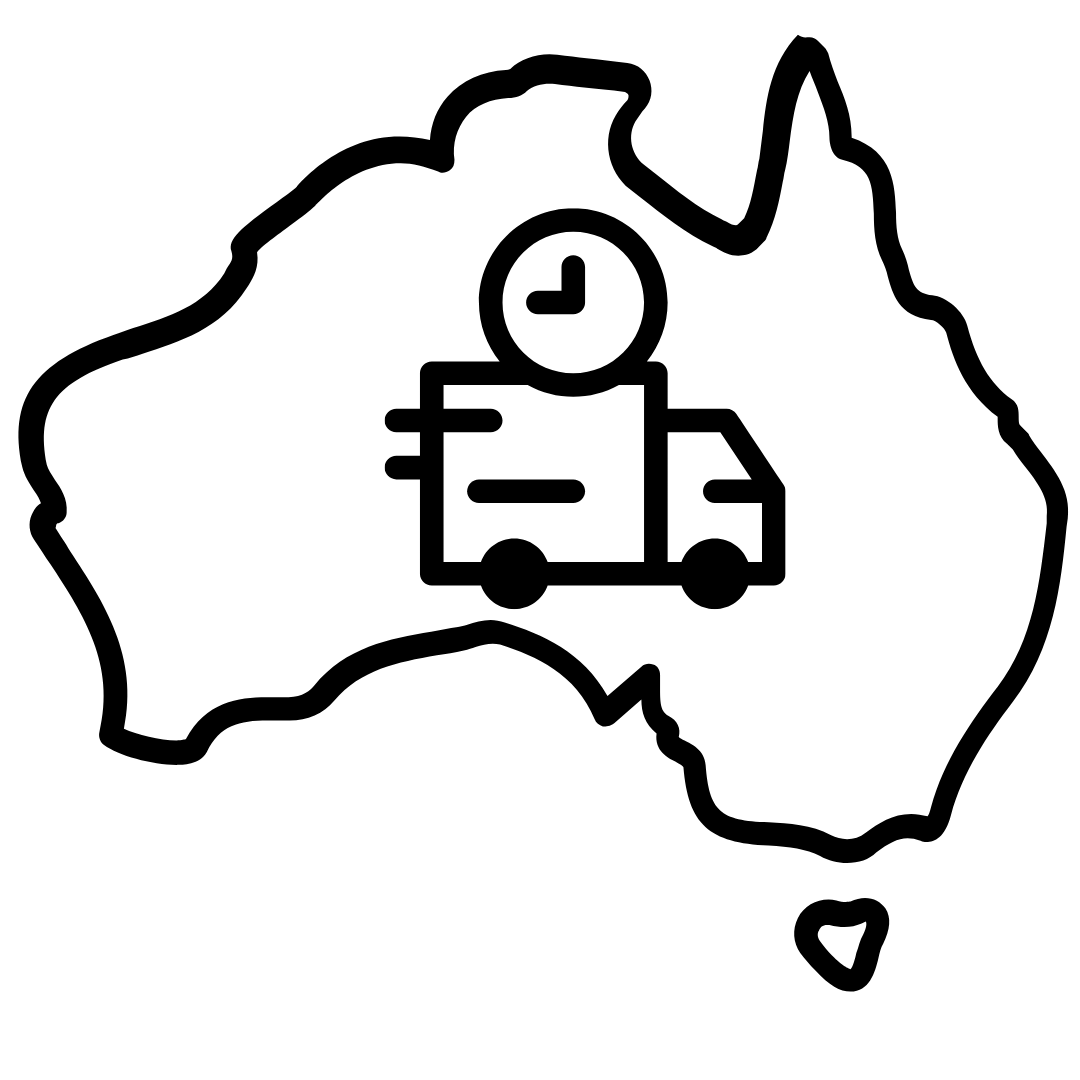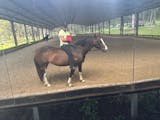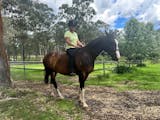Prompt delivery, lovely product. Great quality and fit. Very happy thanks.
The pants are a great fit - perfect amount of stretch and so much more flattering than regular breeches It's hard to find flattering riding pants in your 50's that aren't built for 20 year olds! These are great & a nice price point as well, thank you Plum Tack, can't wait to wear these to my upcoming working equitation day out! Will be getting more colours for sure. Some pics of my recent bareback adventures with my mare, Brazil.
The material is not what it was
The finish not what it was
I’m deeply saddened as I have really old winter tights to this day better quality than any I’ve bought each year since. Please go back to your original material and producers. I’m really disappointed in the last lot I got and I purchase for my staff and tell everyone you have my loyalty. But I won’t now going forward. This last lot. Are extremely substandard in finish and quality of material.
Thank you for being so open, and for supporting the brand for so long. That truly means a lot.
You’re right, the very first winter tights we made were a heavier fabric. That material became unavailable and I haven’t been able to source it again since.
I know some of our long-time customers preferred that original weight, and I completely understand why. I’m always working on improving fabrics and options, so feedback like this is really valuable.
I'm going to email you to get more detail, and see what we can work out.
Many thanks
Jill
I am always hesitant to buy clothes online but these bootleg pants were an absolute perfect fit! They sit exactly where they should both on & off the horse there’s no digging in or chafing & not just that but they’re very flattering too. I get so many comments. They’re much more comfortable than jeans & a lot more flattering than breeches !


